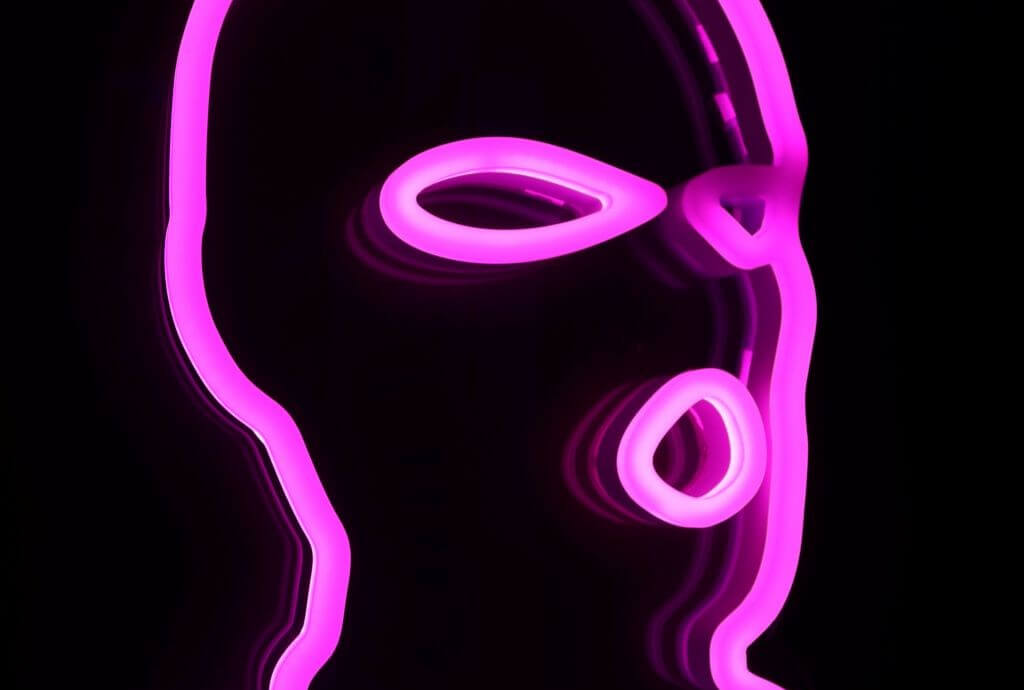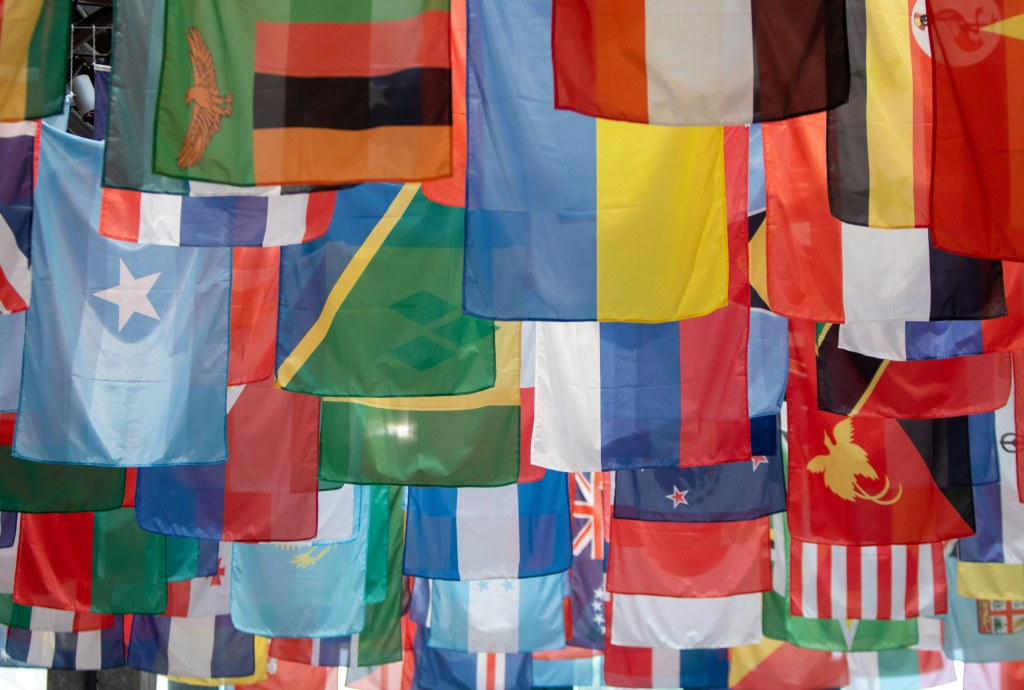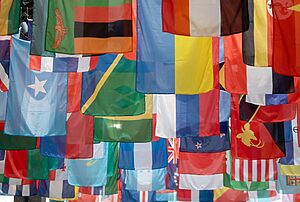In brief
- Winston Peters challenges Māori indigenous status; his comments claiming “We come from Hawai-iki” ignite debate.
- He shares this historical background, but some say that his remarks are divisive and insensitive, with potential to impact race relations.
- Peters’ claims simply mirror what many of us were taught in school about Māori history and genetics which point to tribes originating in Asia.
Winston Peters revisits Māori indigenous status
Winston Peters recently asserted Māori are not indigenous to New Zealand. His claim is a challenge to the established narrative that Māori, as natives, are entitled to special rights over subsequent settlers.
His comments were made during a public meeting in Nelson, where he claimed Māori ancestry traces back to Hawai-iki.
“Here’s the rub if you are Māori. We’re not indigenous,” he said.
Winston Peters went on to elaborate that Māori people carried DNA from China and emphasised that their history in New Zealand was significantly shorter than the indigenous Australians, who have a 55,000-year history.

Reporters insinuated that the claims have potential to embolden anti-Māori sentiments or to undermine Māori cultural identity. Peters dismissed this by pointing out that it is in fact the mainstream media pushing racial separatism.
A lot riding on how indigenous is defined
While Peters’ assertion holds up factually, the repercussions revolves around the definition of indigenous status. Indigenous peoples are often understood as inhabitants of a region since a time immemorial.
However, partly due to the political activism of Māori rights activists themselves, the concept and definition of indigeneity has broadened to simply mean a marginalised minority, but ironically, that doesn’t necessarily mean being ‘first’ either. In this regard, New Zealand’s archaeological records indicate potential for prior inhabitants, like the Moriori for example. Other researchers have shown evidence of celtic immigration that also predates Māori arrival. Much of this research is often seen as unacceptable.
Numerous policies, such as co-governance or race-based healthcare, are built on the assumption of using a broader definition for what constitutes indigenous. Specificity in this case isn’t politically advantageous to Māori rights activists.
Fact or fiction? Examining indigenous status in context
While there is ongoing research into the exact origins of the Māori people, it is widely accepted that they migrated to New Zealand from Polynesia, likely the Society Islands, Tahiti, or the Cook Islands.
Many, like broadcaster Journalist Peter Williams, agree with Peters that Māori history and whakapapa (genealogy) clearly describe their origins being outside New Zealand. Many were taught this history at school, which itself isn’t controversial, but Winston said it publicly in a political context, which may undermine the justification for many race-based policies.
The claim that Māori carry DNA from China is more contentious. Genetic studies have indicated Polynesian ancestry and a connection to Southeast Asia, but the direct link to China is not as well-established. The science isn’t settled.



















